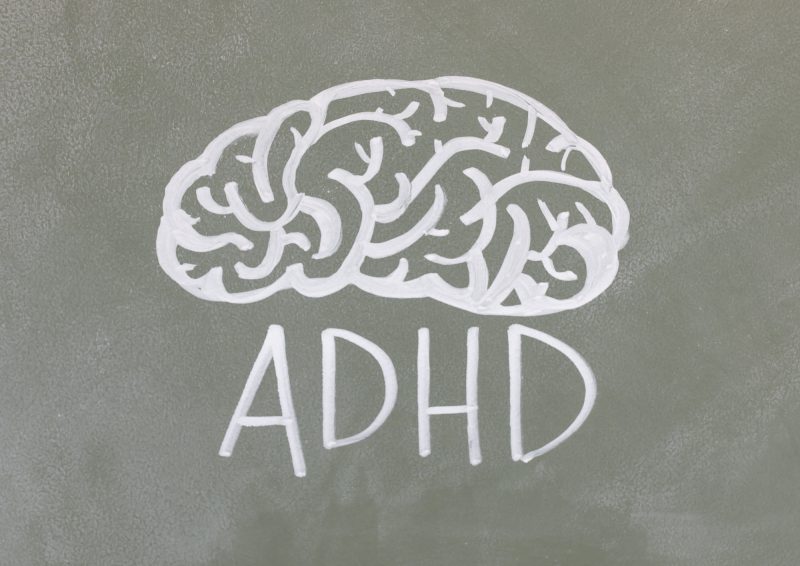
Attention Deficit Hyperactivity Disorder (ADHD) is a neurodevelopmental condition that affects millions of people worldwide. It impacts on an individual’s ability to focus, pay attention, and control impulsive behaviours. ADHD can have its own challenges, but it can also bring unique strengths and abilities that can be harnessed as a superpower! Here are some examples:
Creativity: Many individuals with ADHD have a highly creative mind. Their unique way of thinking can allow them to see the world in a different way, leading to innovative ideas and solutions.
Hyperfocus: While individuals with ADHD may struggle with attention and focus in some areas, they can also experience intense periods of hyperfocus, where they are able to concentrate deeply on a specific task. This can lead to great productivity and achievement in certain areas of interest.
Multitasking: While multitasking is not always recommended, individuals with ADHD have the ability to handle multiple tasks at once, switching between them quickly and efficiently. This can be a valuable skill in certain professions.
Out-of-the-box thinking: Individuals with ADHD often have a unique way of thinking that allows them to approach problems and situations in a non-traditional way. This can lead to breakthrough ideas and solutions that others may not have considered.
Spontaneity: Individuals with ADHD often have a spontaneous and adventurous personality. This can lead to exciting experiences and opportunities that others may shy away from.
It’s important to note that having ADHD as a superpower doesn’t mean that the challenges associated with the condition disappear. However, by focusing on their strengths and abilities, individuals with ADHD can find ways to succeed and thrive in their personal and professional lives. With the right support and strategies, ADHD can be seen as a unique ability rather than a hindrance!
Harness your superpower, because others don’t have the abilities that you do.
Michelle Wotton
Clinical Psychologist | Sessional Academic
Master Clinical Psychology






